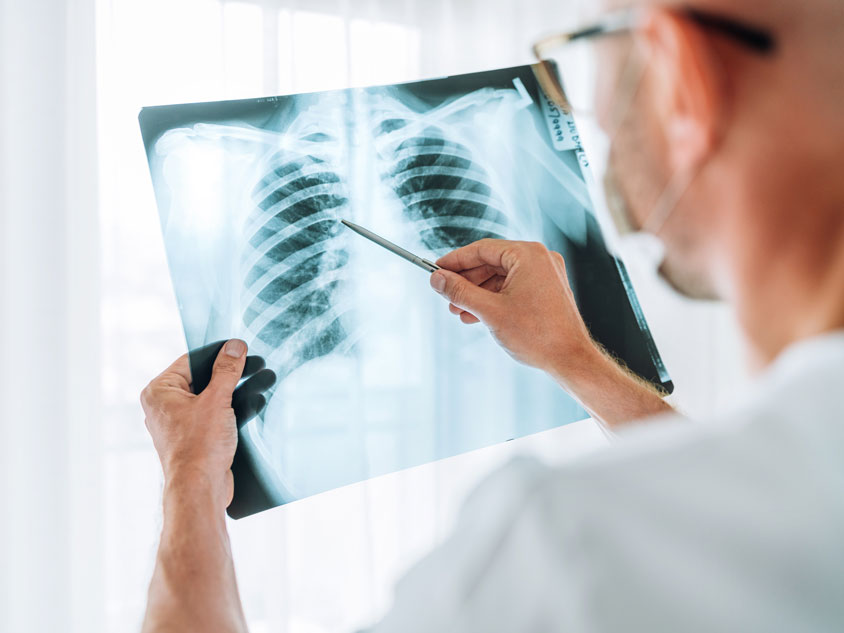Lung cancer from smoking. But, also hazardous materials emergency workers are exposed to

The chance of being diagnosed with lung cancer by 85 is 1/13 for men, and 1/21 for women.
It’s the fifth most common cause of cancer in Australia and the survival rate is low at 17%.
You’ve probably heard the stories of people getting this disease, without being a smoker.
A recent Daily Mail story reported on an ex police officer who got lung cancer from being exposed to drugs left in a police storage unit, after a raid.
Methylamphetamine was released into the air and on to the officers’ skin, which led to chronic respiratory complications.
This heartbreaking narrative serves as just one example of the dangers of emergency services work on the lungs.
First responders can be exposed to second-hand smoke in public places and events.
They might enter houses with asbestos, unknowingly.
Exhaust fumes can also increase the risk of lung cancer and it’s part of a police officer’s job to run intersection duty when the traffic lights are out.
The hidden hazard of being a first responder
The life expectancy for first responders is lower than the general population.
But you might be surprised to discover this is more to do with indirect consequences of working in emergency services.
For example, the reliance on tobacco to curb chronic stress.
Smoking is high among emergency workers, at a whopping 40%.
Stress is well-documented with smoking, and first responders have to deal with the most horrific situations, on a daily basis.
Add to this the pressure of shift work, irregular sleeping patterns, and the responsibility of protecting the community.
But smoking is counterintuitive.
This short-term ‘coping mechanism’ causes ongoing guilt, especially when a smoker has multiple attempts to quit.
It’s a vicious cycle that needs to be intercepted with professional help.
Substances aren’t stress relief. They’re a mask, a problematic band-aid.
It’s important for first responders to get to the root cause of the stress, rather than use smoking as an instant release.
Look after your lungs
Emergency Services Health coverage offers medications and in-hospital stays for lung and chest procedures.
It goes without saying: don’t smoke and work with a psychologist or counsellor to navigate addictive behaviour and to process trauma.
An exercise physiologist can plan your regime, while a dietician will map out your healthy diet, rich in vitamins and minerals. Complementary therapies can aid in breathing.
Protect your lungs, your life force, with Emergency Services Health.